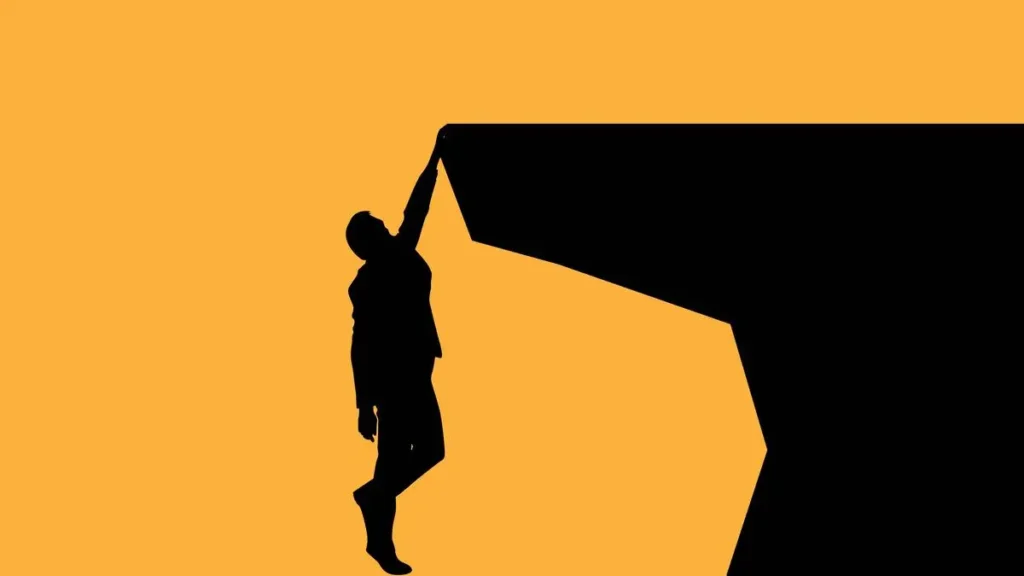Dear Reader,
Starting this week, “Reading with Frontline” becomes a weekly adda. The fortnightly letters on books will continue as they are—but in the weeks between, you’ll hear from me on other, equally serious topics: music, memes, movies, mosquitoes, ravens, a pipe that is not a pipe, Bengaluru weather, capybaras, and more. The chai and samosas will be missing, of course, but we can always imagine them: in defiance against the gym-centred, stretch-your-body based culture in vogue now, we will stretch the imagination here.
Let’s start with the abyss, which we meet everywhere these days—from Gaza to Kashmir, from Iran to Manipur. My encounters with it is nowhere as intimate as that of, say, a five-year-old child from Gaza, but I keep meeting it from time to time. I stared into its eyes for the first time when I was 16, preparing for the Class X Board exams, which were just two months away. As I sat surrounded by unopened, undigested schoolbooks, reference books, photocopied material and handwritten notes, they suddenly started spinning around me like some malign planets. Soon, they were all getting sucked into a sinkhole along with me, and the lights went out. Now, whenever I get that familiar feeling, I sing, “Hello Darkness, my old friend…”
Naturally, I keep looking for others who are also friends with the abyss, to feel a sense of community. Tom Gauld, the Scottish cartoonist and illustrator, proved to be one. I came across a cartoon by him (from his upcoming book, Physics for Cats) where an almost stick-figure-like woman says while standing before an oval black hole, “I stared into the abyss…The abyss stared back… One thing led to another, and now I meet the abyss for regular chats in the coffee shop near my lab.” This was such a validation of my own lifelong love affair with the abyss that I remained elated for a week. When you can’t kill your demons, smooch them—that’s the way to survive, I say.
Author Hansda Sowvendra Shekhar, who is my WhatsApp chat buddy, agreed. The doctor that he is, he commented wisely on Gauld’s cartoon, “Isn’t this heart-breaking? This is how we end up dealing with our depression, trauma, etc., just because there is no way out. We reconcile with whatever is hurting us.” He added sweetly, “We’re all sailing in the same boat. So don’t worry, all will be okay, all of us will be okay.” I sniffled silently at that.
I had another bout of sniffling when I recently stood before Caravaggio’s painting, “Magdalene in Ecstasy”, at the National Gallery of Modern Art, Bengaluru. “This woman is dying,” I muttered to myself, staring at Magdalene’s greenish forehead, blood-drained lips, and blackish mottled fingers. Yet, going by the Biblical apocrypha, on which the painting is based, she is still living, only “ecstatic” on having seen God and heard the music of the spheres. But if you “feel” the painting, there is no sense of the joyous exuberance that the word “ecstasy” connotes in common parlance. Here, there is only death and encroaching darkness, which takes up more than half of the frame. In that spreading blackness, I found Gauld’s black hole, and my old friend, abyss, again, and cheered up.
One has to be brave while looking for consolations in a godless world, but once we find them, they make us stronger. The rockstar physicist Brian Cox, whose work I follow avidly because he has much to say about Black Holes and Big Bang (and is cute, on top), has offered the finest consolation of physics by reminding us how the elements that float in stardust make up our bodies too. Imagine having the galaxy in your veins. One of my favourite quotes by him is where he alludes to novelist John Updike to say: “Astronomy is what we have now instead of theology. The terrors are less, but the comforts are nil.”
Do check out Cox’s superhit books like Black Holes: The Key to Understanding the Universe (with Jeff Forshaw) and Human Universe (with Andrew Cohen). And take a look at Gauld’s awesome cartoons at The Guardian here. Don’t miss the one from May 4, 2025 (“The Comprehensive Bookshop”’), where he illustrates the fatal attraction of books: once you enter the pages, you are lost, but even when you are found and put in a hospital, you want to go back to being lost in the papery woods again.
See you very soon—next week, with “Reading with Frontline”, Version I. Till then, stay with me.
Anusua Mukherjee
Deputy Editor, Frontline
Source:https://frontline.thehindu.com/newsletter/reading-with-frontline/staring-into-the-abyss-gaza-black-holes-depression-art-books/article69734952.ece

